Newly revealed photos from Dolly Parton’s 1977 concert in Fort Worth’s Panther Hall
- Oops!Something went wrong.Please try again later.
When Dolly Parton whirled onto the stage in Fort Worth for a concert in 1977, there was some controversy about her hit song at the time, “Here You Come Again.”
A Star-Telegram writer described it as having a “very un-country meter” and “unabashed ‘crossover’ appeal to the pop audience.”
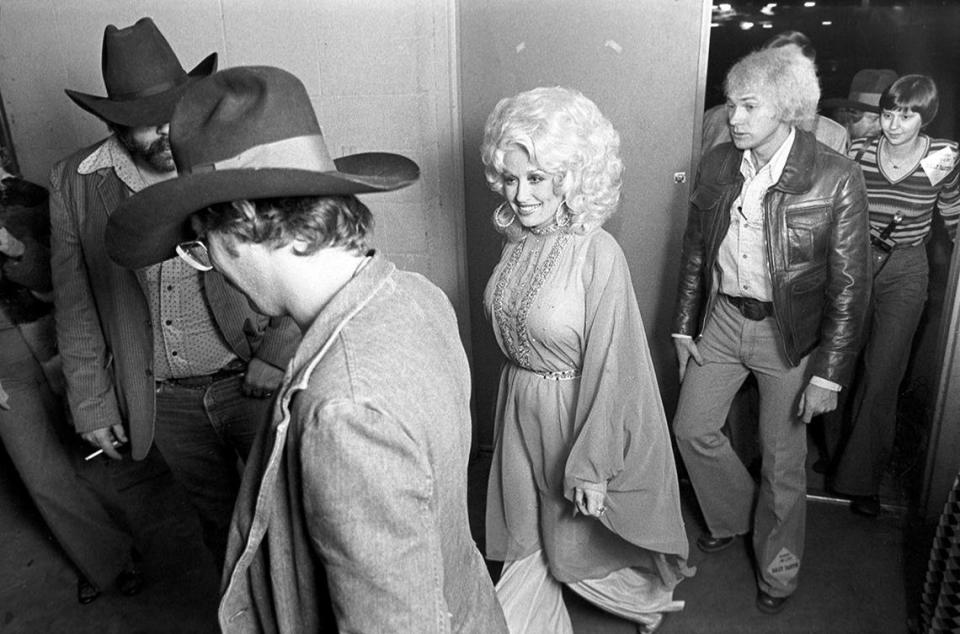
But the star proved she was still “Dolly Parton from the mountains” with her performance that Friday night on Dec. 2, 1977, at Panther Hall — the long-gone music venue on East Lancaster Avenue that was the Billy Bob’s of Fort Worth before there was Billy Bob’s.
These photos from the Star-Telegram’s archive of Parton’s concert were recently digitized to be seen for the first time in 46 years.
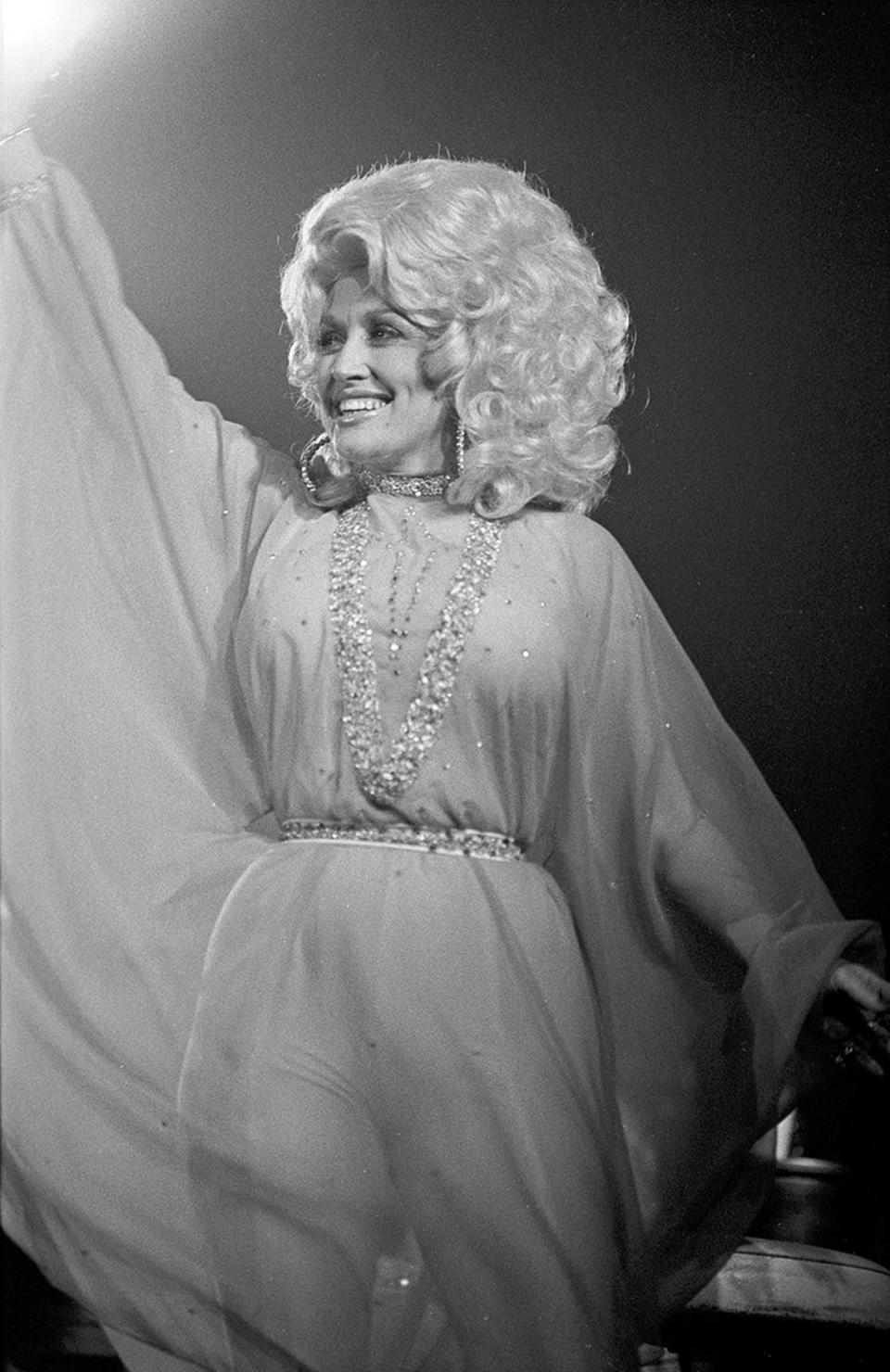
They show what must have been an incredible concert — Parton, wearing an orange gown, performed “I Will Always Love You,” “Rocky Top” and “Jolene” (which the audience recognized immediately from its opening guitar vamp “and almost drowned out her introduction with applause,” wrote the Star-Telegram reviewer, Perry Stewart).
She was also funny.
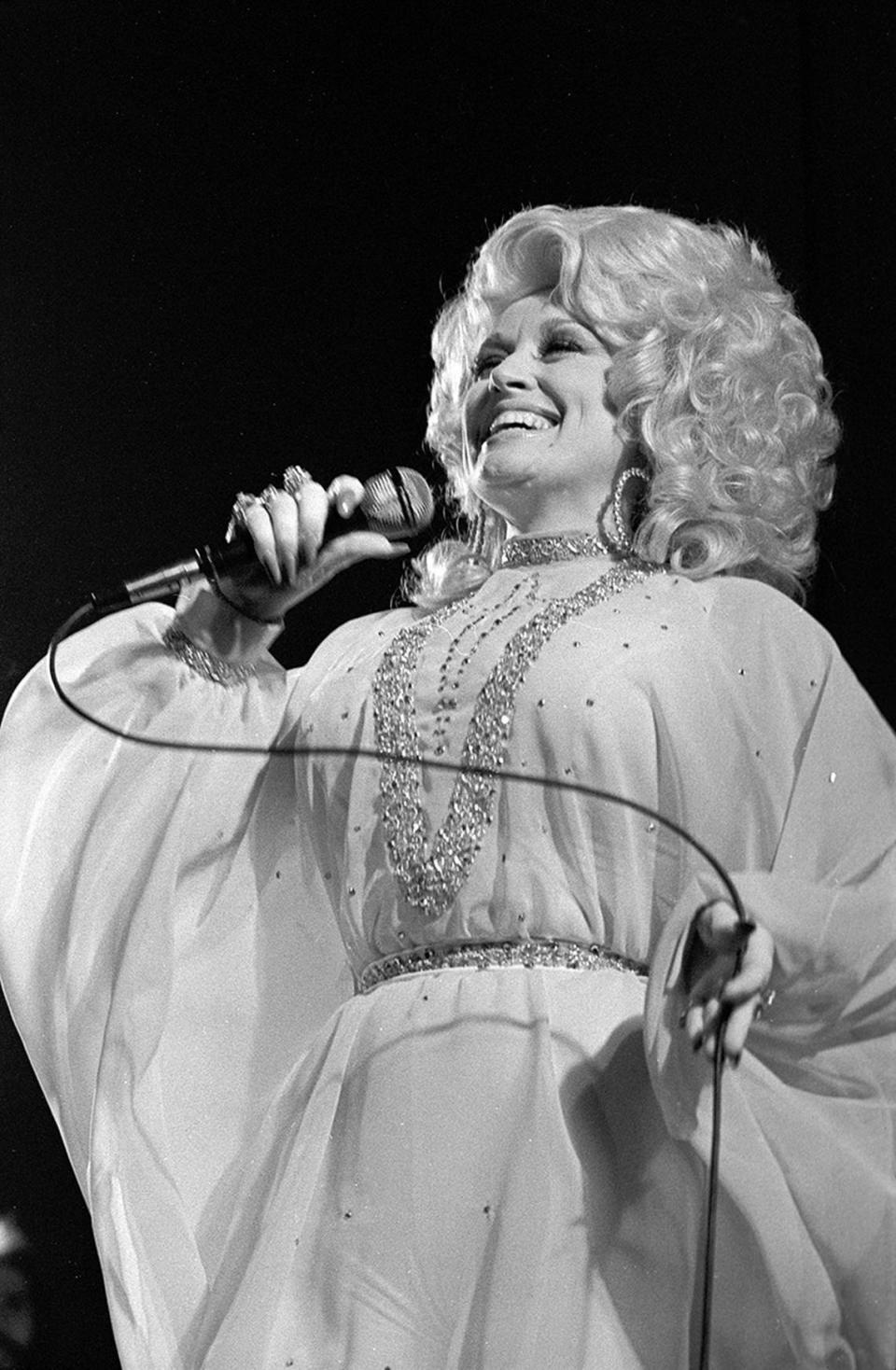
“Besides the standard wig jokes and self-joshing references to her bust measurement, Miss Parton has a fine instinct for parody,” Stewart wrote. “After singing one up-tempo number, she announced that she would do it again as if it were a 45 rpm record played on 78 speed. ... It was hilarious and flawlessly executed.”
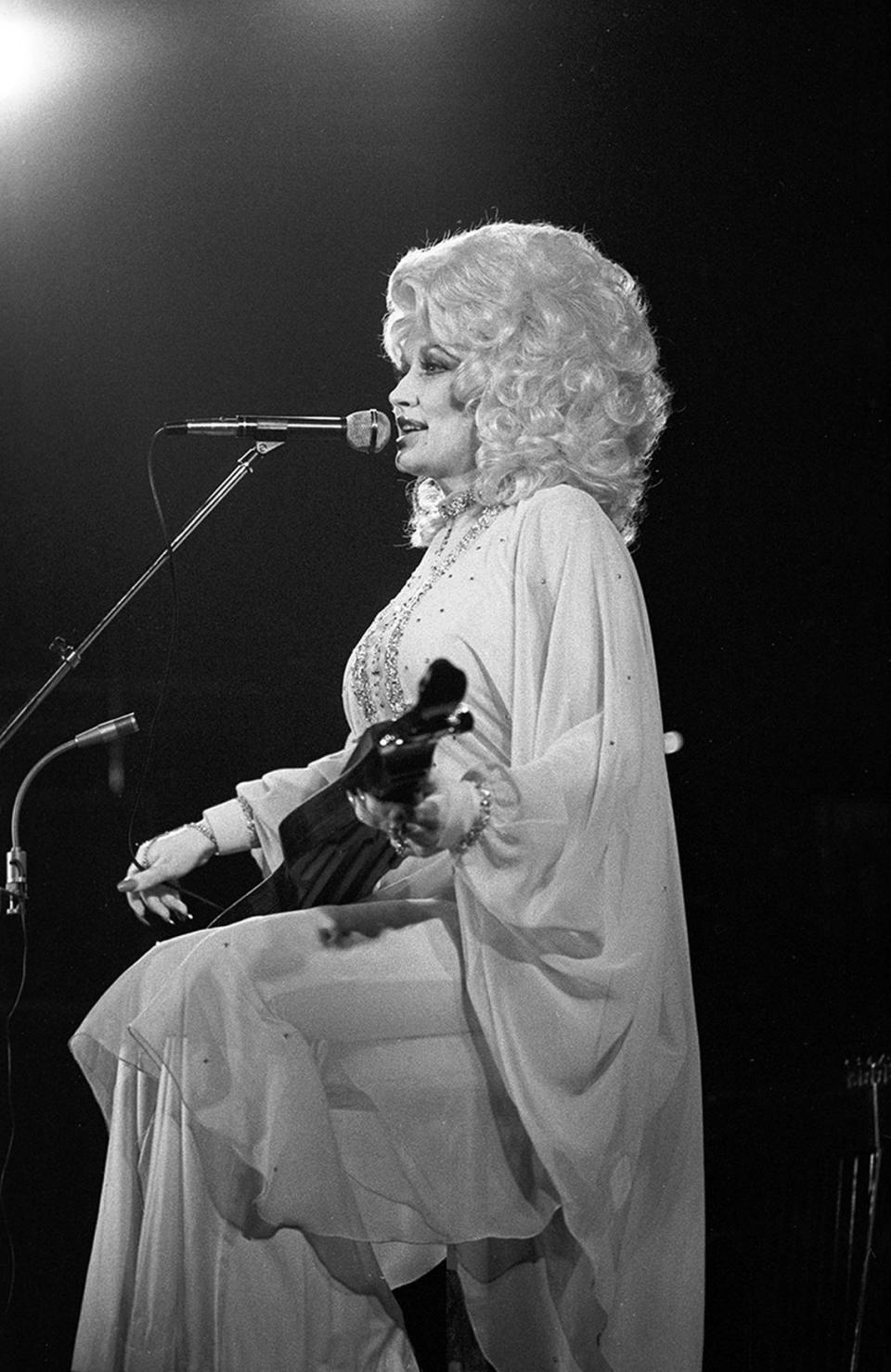
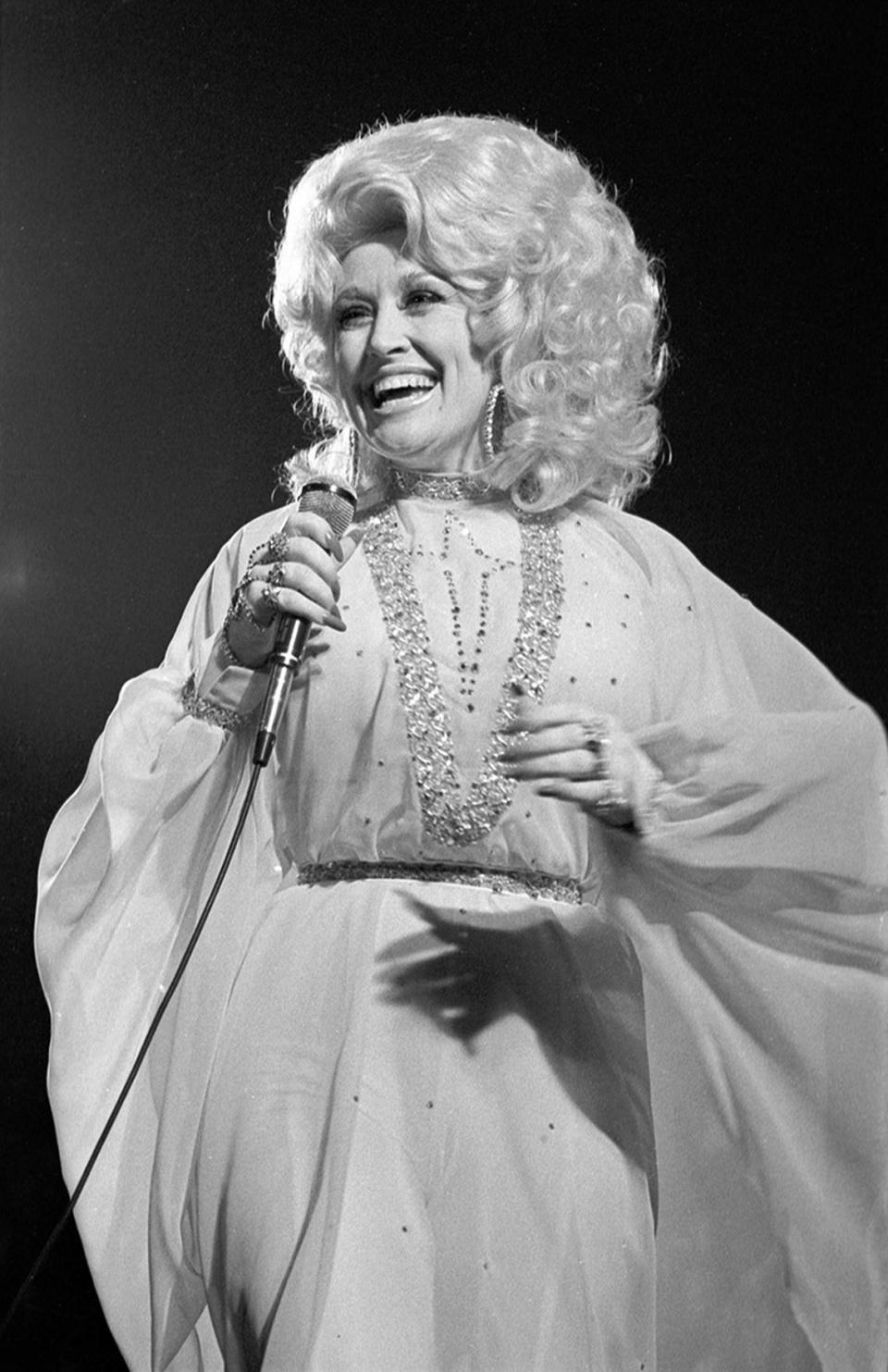
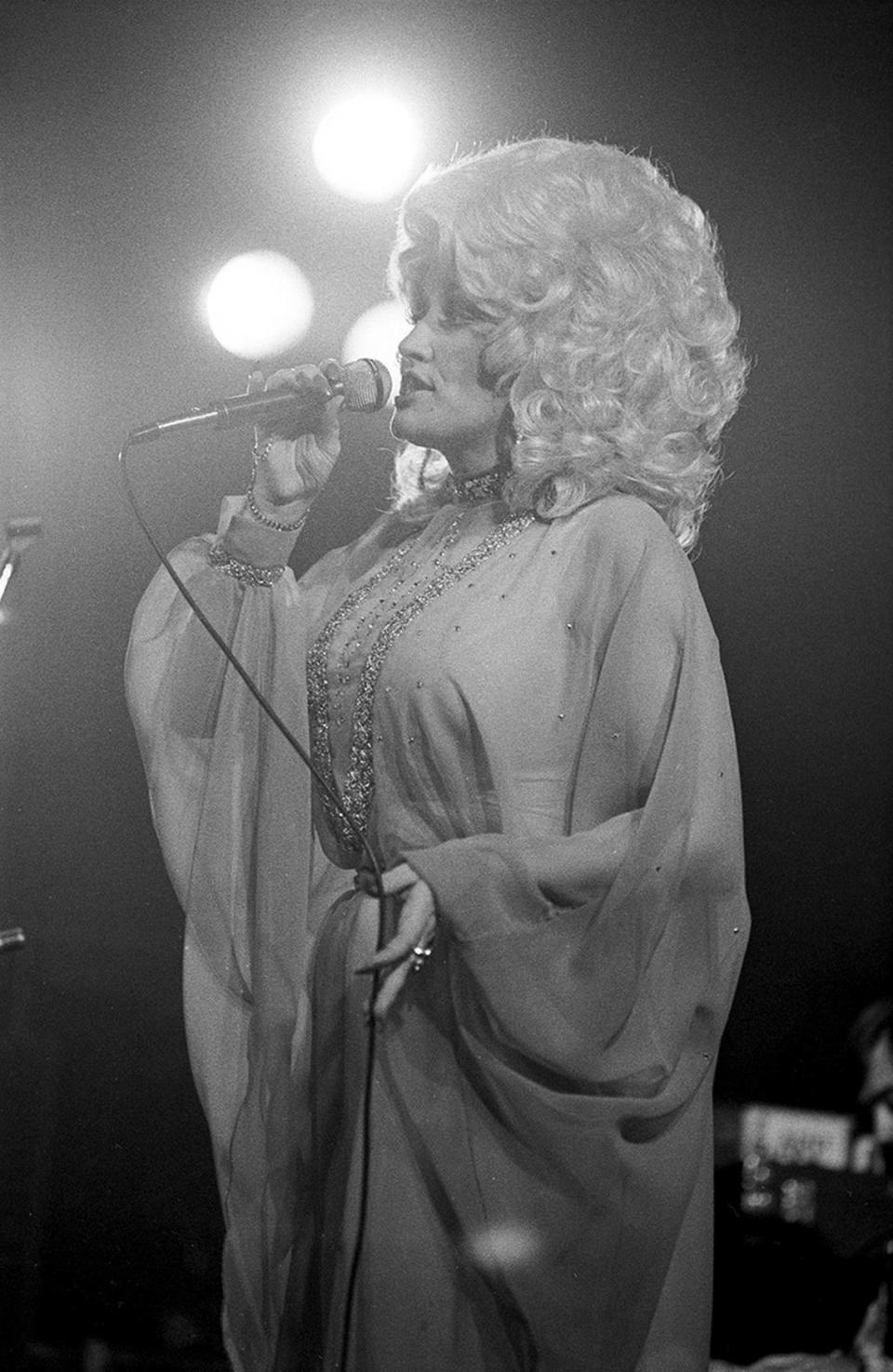
Tickets sales to the show were slow, apparently because of rumors that Parton was sick and wouldn’t appear. She had canceled an appearance on “The Tonight Show” with Johnny Carson earlier that week because of flu. She was rescheduled for Dec. 14.
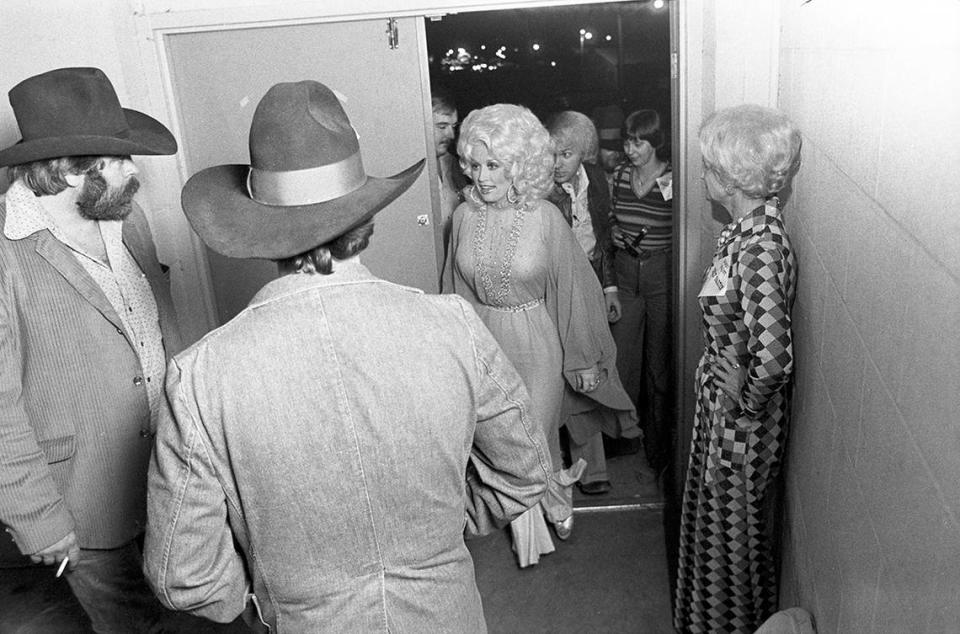
Most recently, Parton gave a dazzling performance during half-time of the Dallas Cowboys Thanksgiving game.
Panther Hall was at the corner of Collard Street and East Lancaster Avenue. It was a must-stop venue during the 1960s and 1970s for many country music stars. Willie Nelson and Jerry Lee Lewis both recorded live albums there in 1966, and Charley Pride did the same in 1969.
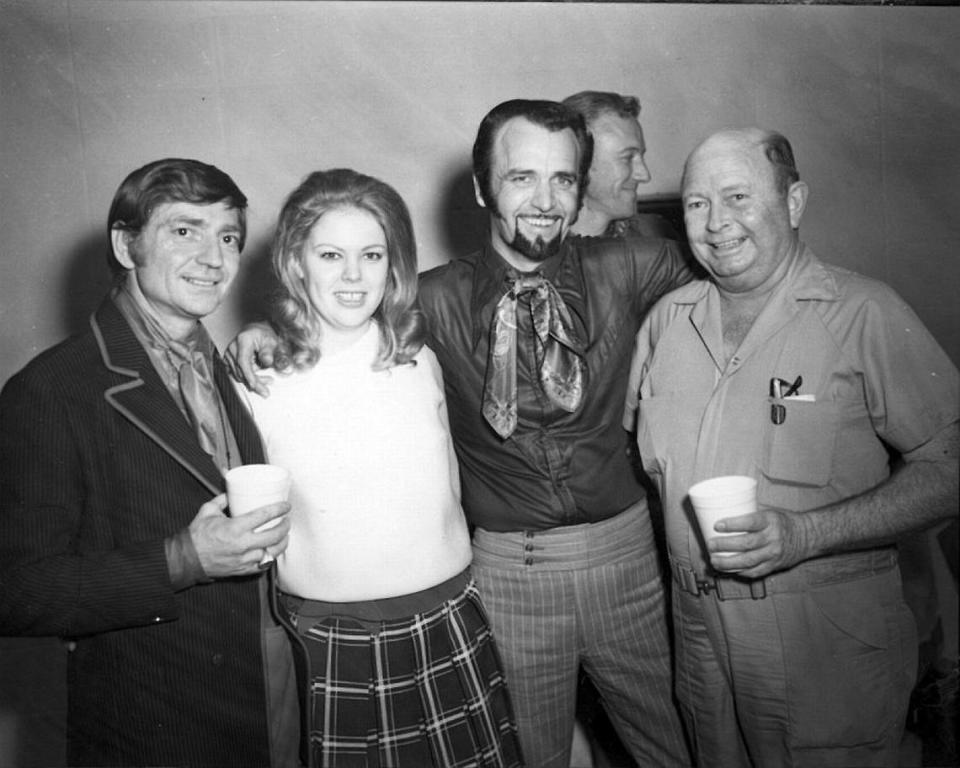
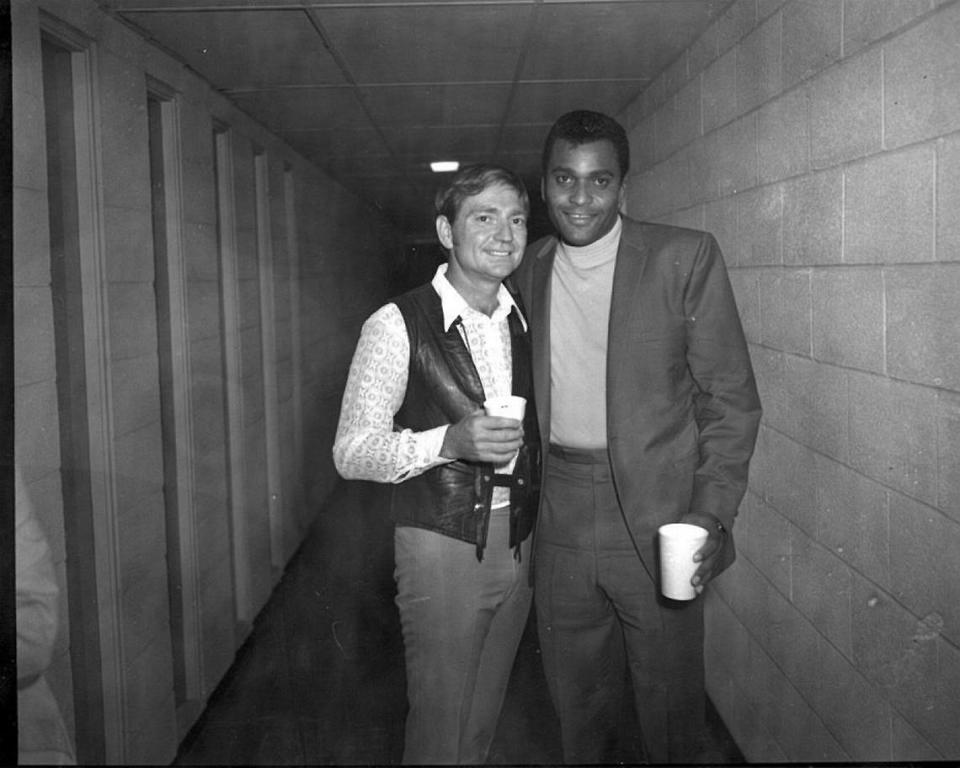
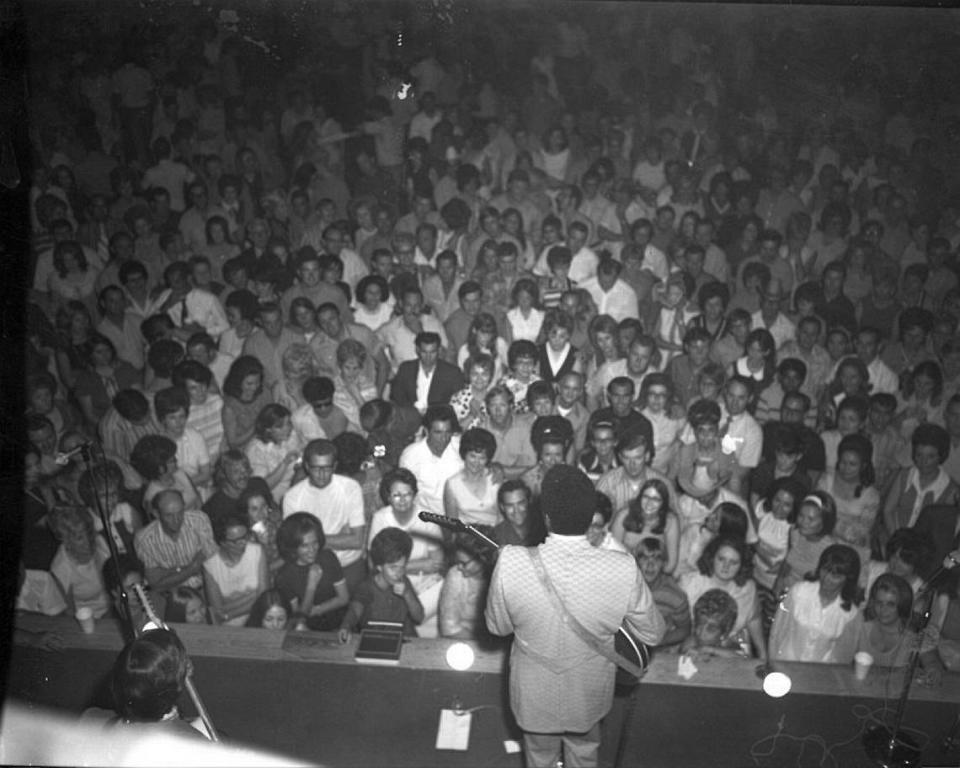
“Panther Hall opened in June of ’63,” Bill Mack, a legendary radio personality best known as the “Midnight Cowboy” on WBAP/820 AM, told the Star-Telegram in 2015. “It was operated by Bill and Corky Kuykendall, and it was originally built as a championship bowling stadium, but there was no real demand for championship bowling.”
Panther Hall hosted acts including Loretta Lynn, Buck Owens, George Jones, Ray Price, Porter Wagoner, Johnny Cash and Lefty Frizzell in the 32,000-square-foot venue with a distinctive coliseum shape.
Panther Hall closed in 1978 and was demolished years later — today the site is a soccer field — but its legacy continued when the even bigger Billy Bob’s Texas opened on the north side in 1981.
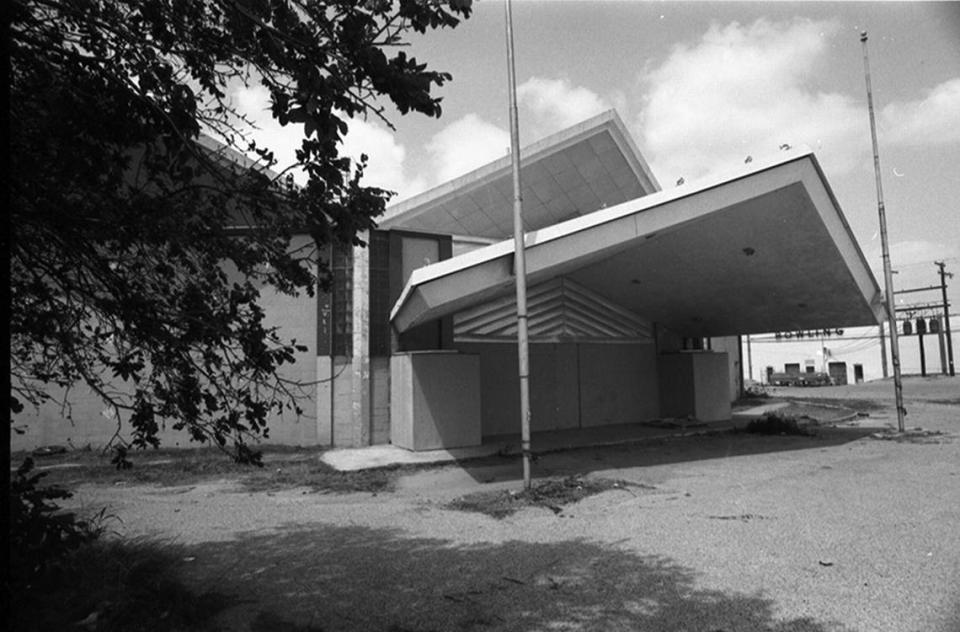
“What Billy Bob’s Texas and Panther Hall established is the fact that country music fans would come out in big numbers to hear their touring favorites,” Mack said. “After the Grand Ole Opry, I’d say Panther Hall was just as important.”

